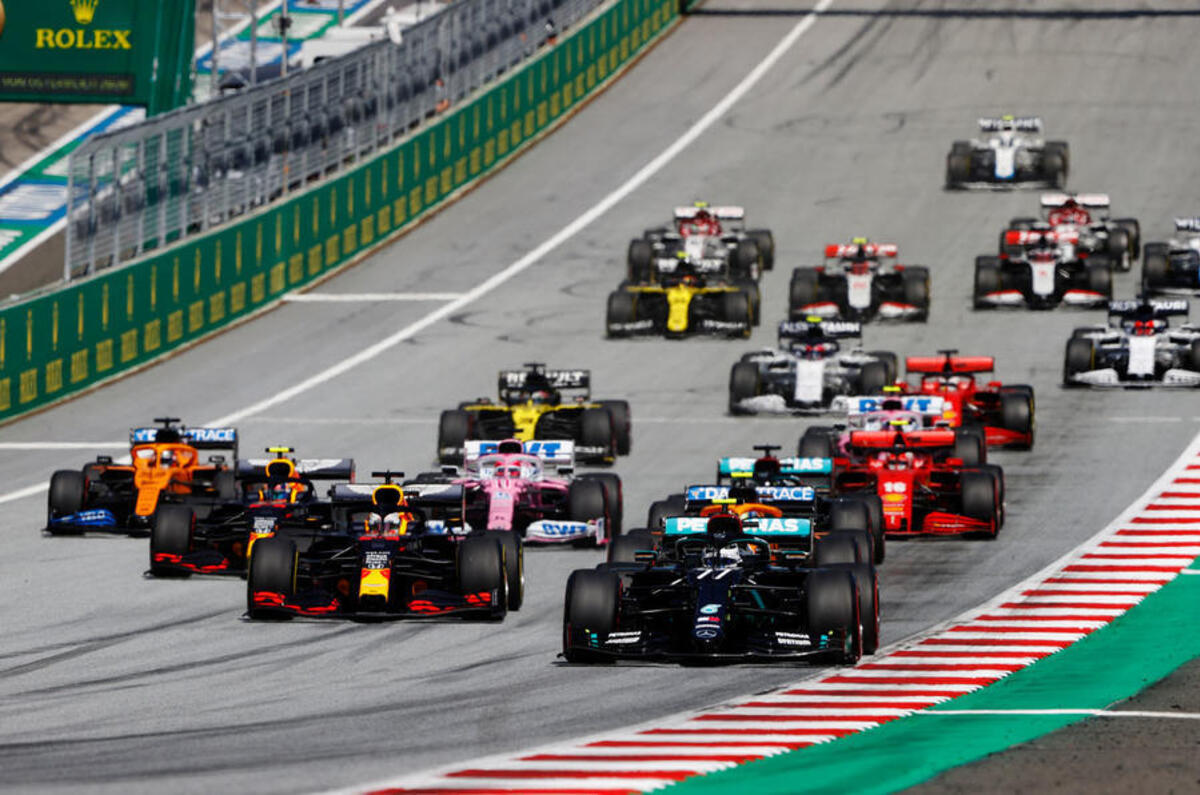The prospect of Porsche returning to Formula 1 as an engine manufacturer have been boosted after the sport’s bosses approved outline plans for the next-generation powertrains to run on sustainable fuel and feature simplified hybrid elements.
The Volkswagen Group is known to be interested in entering F1 when the new power-unit rules come into force in 2026, likely with the Porsche brand to promote its efforts to develop fully sustainable e-fuels.
The car-making giant has attended a number of meetings about the new rules, but its entry was also dependent on a decision to simplify the hugely complex twin hybrid system that F1 currently uses.
The FIA Motor Sport World Council has now validated a basic framework for the 2026 power unit regulations.
Powertrains will continue to be built around turbocharged 1.6-litre V6 combustion engines. The total electrical power available to drives will be increased to 469bhp, although this will now come from a single Energy Recovery System (ERS) hybrid unit.
The hugely complex Motor Generator Unit - Heat (MGU-H), which captures energy from exhaust gases, will be scrapped, with all the electrical energy now generated through the Motor Generator Unit - Kinetic (MGU-K), which recaptures energy under braking.
The Volkswagen Group had been reluctant to commit to the expense of developing an MGU-H system, given that it has little relevance to road cars. By comparison, the MGU-K system is similar in concept to energy recapture systems on most road-going hybrids and EVs.
The engines will also run on "100% sustainable fuels", although no further details of this have been given. Porsche recently started production at a trial e-fuels plant in Chile and is aiming to eventually switch the one-make Porsche Supercup – which runs on the F1 support package – to the fuel.
The FIA said the rules were designed to meet four key objectives. These include delivering “a powerful environmental message” through the use of 100% sustainable fuel and a shift of focus to electrical power, and a pledge to made it possible for newcomers to join the sport “at a competitive level”.
The governing body also wants the new rules to enable a significant cost reduction and to “protect the show” through powerful, high-revving and loud cars that give the drivers the ability to race.
A more detailed outline of the planned 2026 Power Unit Regulations will be given early next year.








Join the debate
Add your comment
Well, I terms of how "new powertrains " go, and, what about Porsche?, what are they going to bring to F1?, it's as if Porsche is the key to future powertrain technology?
All very well, but, by 2026 things might not be as hoped.
In what way?